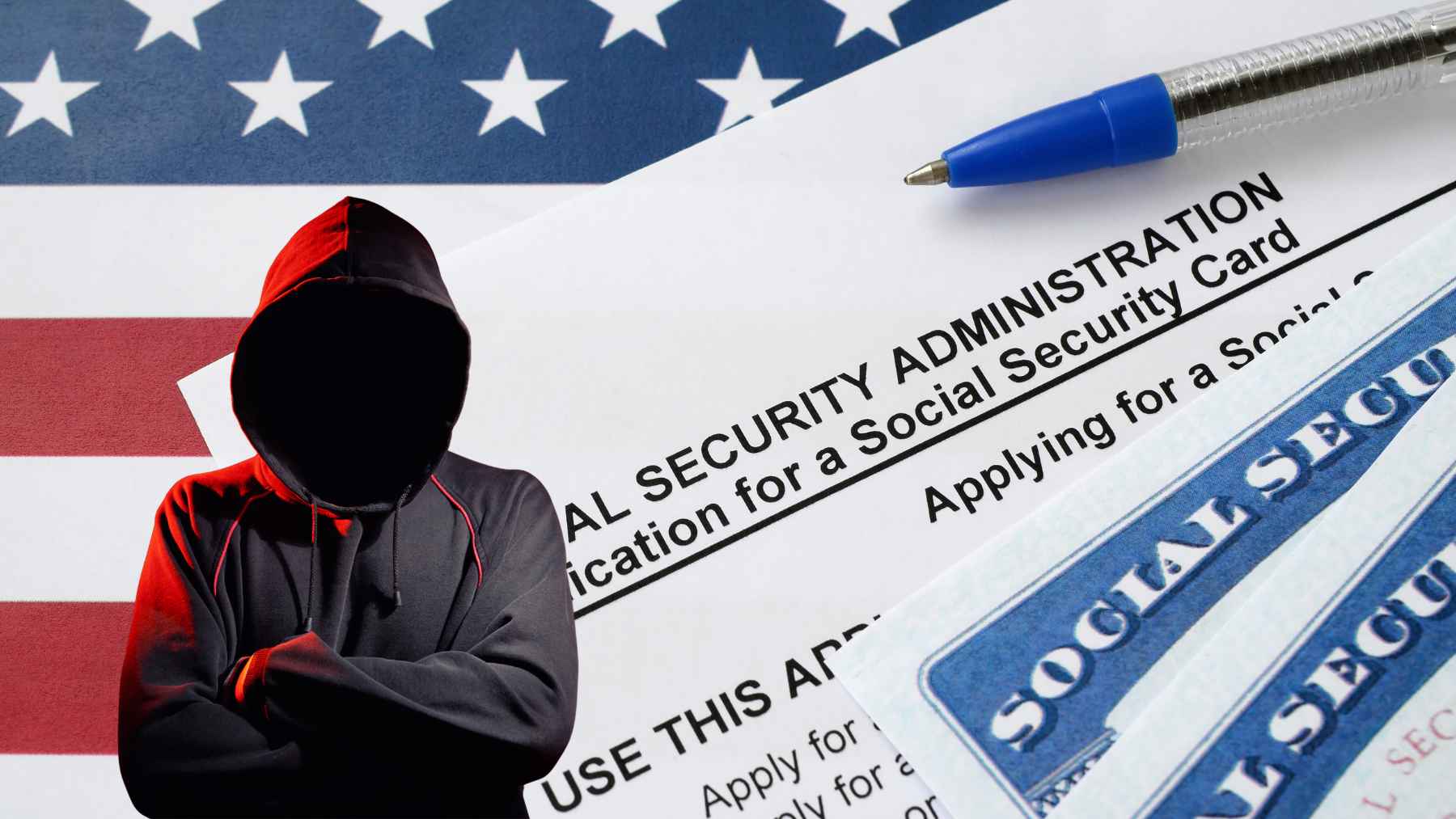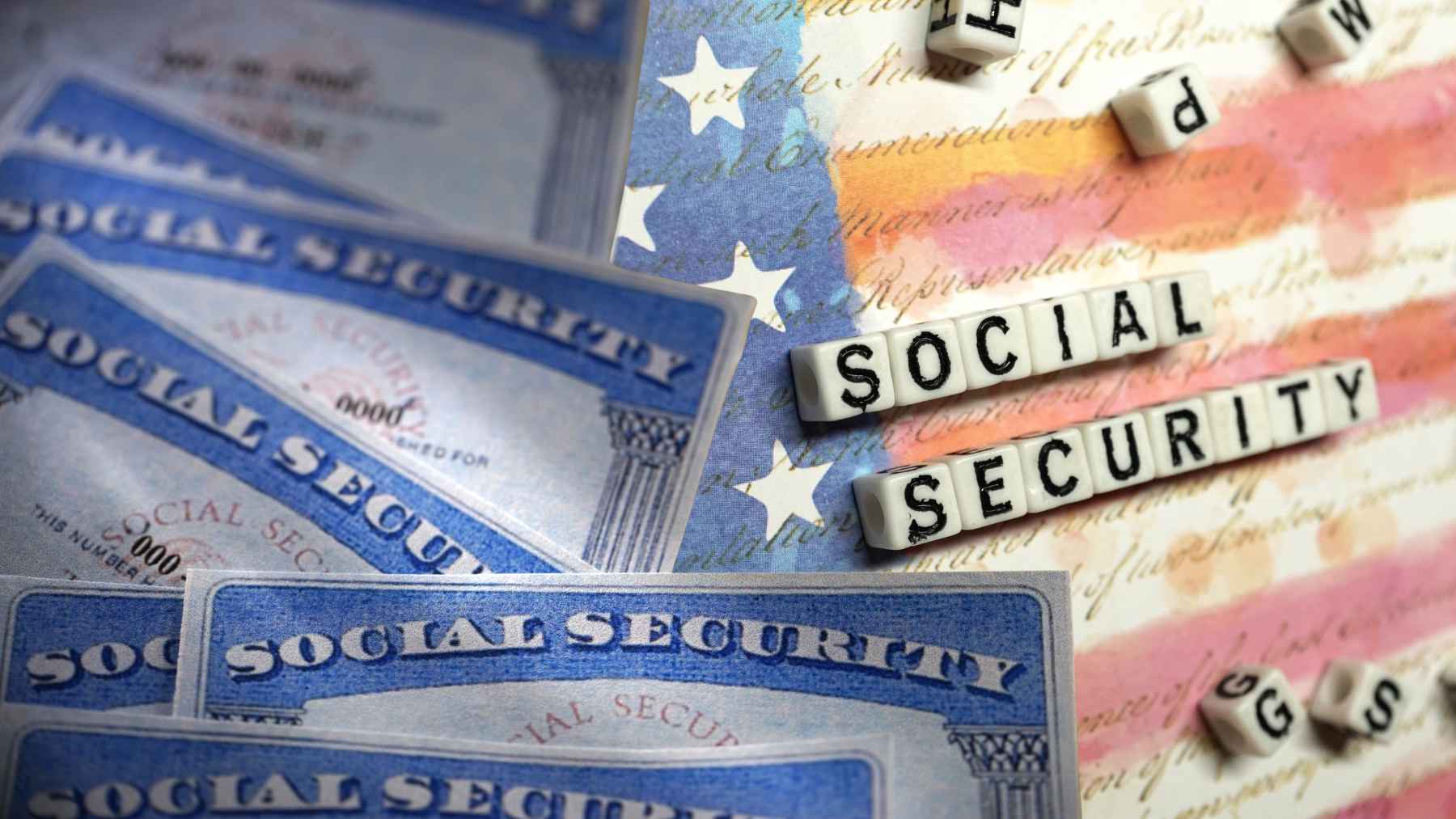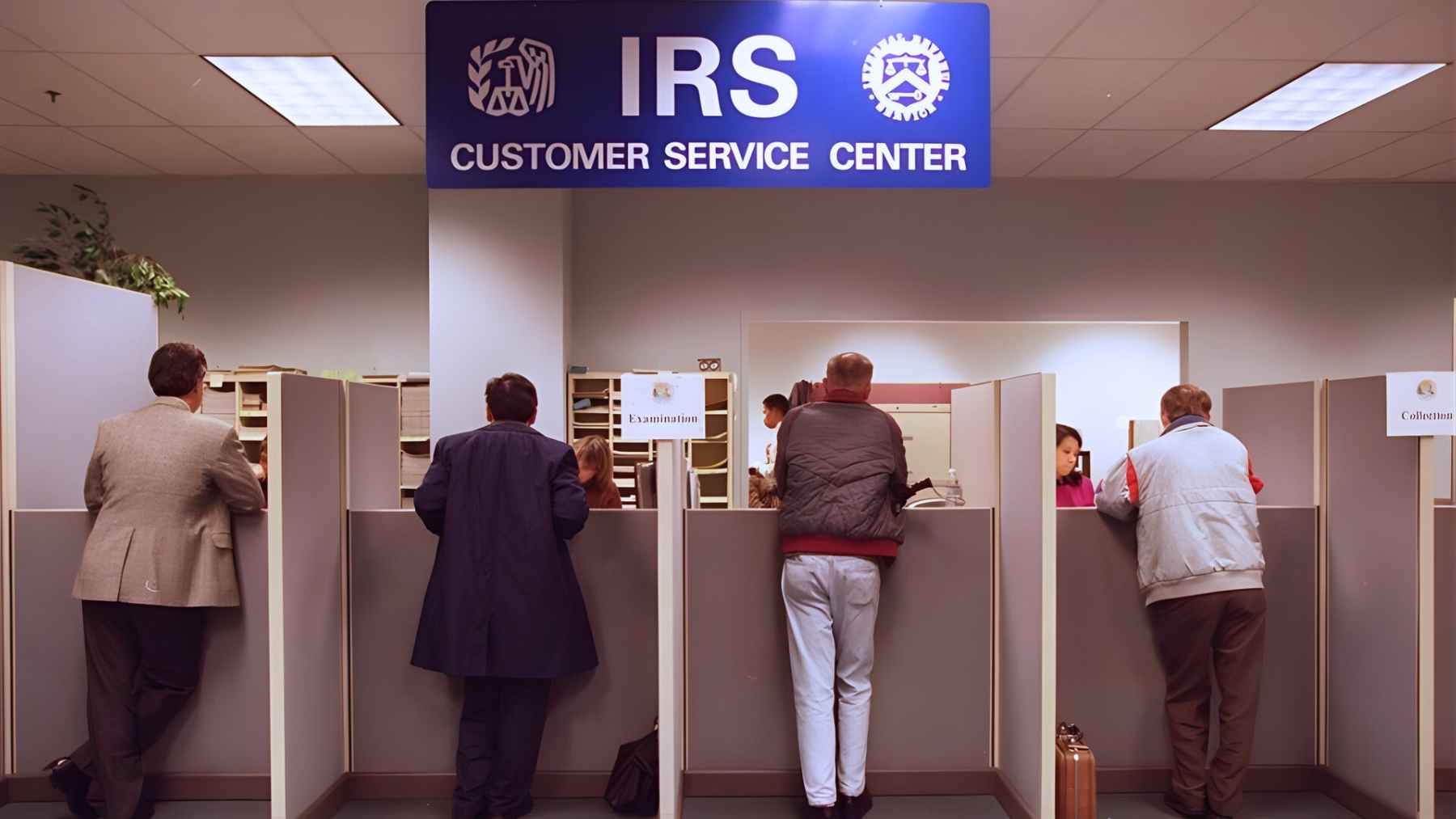Some select individuals may soon be receiving $400 worth of cash checks to hit their bank accounts very soon. Inflation, while continuously on the decrease and stabilizing according to economists, cost-of-living remains a significant concern for a wide majority of Americans despite what may be seen on paper. In light of this, state governments are thinking of ways to reach their citizens to help assist with easing immediate financial stress and contribute to a more affordable economy for all.
Stimulus payments provide immediate relief
One of the most utilized methods by both state and federal governments to help ease financial burdens on citizens is to provide stimulus cash payments. These payments not only provide immediate financial relief to help recipients cover imminent expenses, but also benefit local economies by preventing a recession through the encouragement of spending with the additional payments.
During the COVID-19 pandemic, stimulus payments played an important role for the federal government to assist families who had lost income amidst the widespread job loss and increased cost-of-living. Three rounds of payments, known as Economic Impact Payments (EIP), were distributed by the federal government between March 2020 and March 2021. While these were the last widespread stimulus payments released by the federal government, states have continued to release their own stimulus payments for their citizens post-COVID-19.
These citizens will soon receive $400 cash checks on this date
New York is noted for being a state with some of the highest cost-of-living expenses in the nation. New York City, in particular, is consistently ranked as the most expensive place to live, with rent and property prices being one of the biggest contributors to high monthly expenses. In light of this, New York’s government has decided to release stimulus payments to eligible citizens to provide immediate relief from inflation.
“Starting in October, over 8 million New Yorkers will get an inflation refund because it’s simple — this is your money and we’re putting it back in your pockets,” Governor Hochul said in a statement. “I’ll never stop fighting to help your family address the rising cost of living — and that’s why I also delivered on my promise to cut taxes for the middle class, expand the child tax credit and ensure free school meals for every student.”
In Governor Kathy Hochul’s official statement, eligible citizens will receive up to $400 check payment. To qualify for the full $400, you must be a married couple filing jointly and earn a combined income of less than $150,000. For couples earning over this amount but under $300,000, you qualify to receive $300. For a single filer earning less than $75,000, you can receive $200, while if you earn between $75,000 and $150,000, you will receive $150. The payments will begin to be distributed in October of this year through November.
New York sets out to make everyday living affordable
On top of the new once-off inflation stimulus payments, the state has also been announcing a variety of other payments that citizens can qualify for. Hochul’s budget for this year also includes a new Birth Allowance for Beginning Year (BABY) benefit stimulus payment for low-income families who are on social assistance programs and have recently welcomed a new child. The once-off payments will amount to $1,800 per qualifying child for eligible families to help offset the costs associated with a newborn.
If you are not a New York citizen and cannot be eligible for either the inflation or the BABY stimulus payments, you may be eligible for the recent federal $120 ‘Summer Bucks’ program. These payments are intended for low-income families to receive over the summer recess to help parents afford food for their children due to the closure of schools and school-lunch programs therefore not operating. The payments are intended for children between 6-18 years old.
Disclaimer: Our coverage of stimulus checks, tax reliefs, tax rebates, tax credits, and other payments is based on the official sources listed in the article. All payment amounts and dates, as well as eligibility requirements, are subject to change by the governing institutions. Always consult the official source we provide to stay up to date and obtain information for your decision-making.















